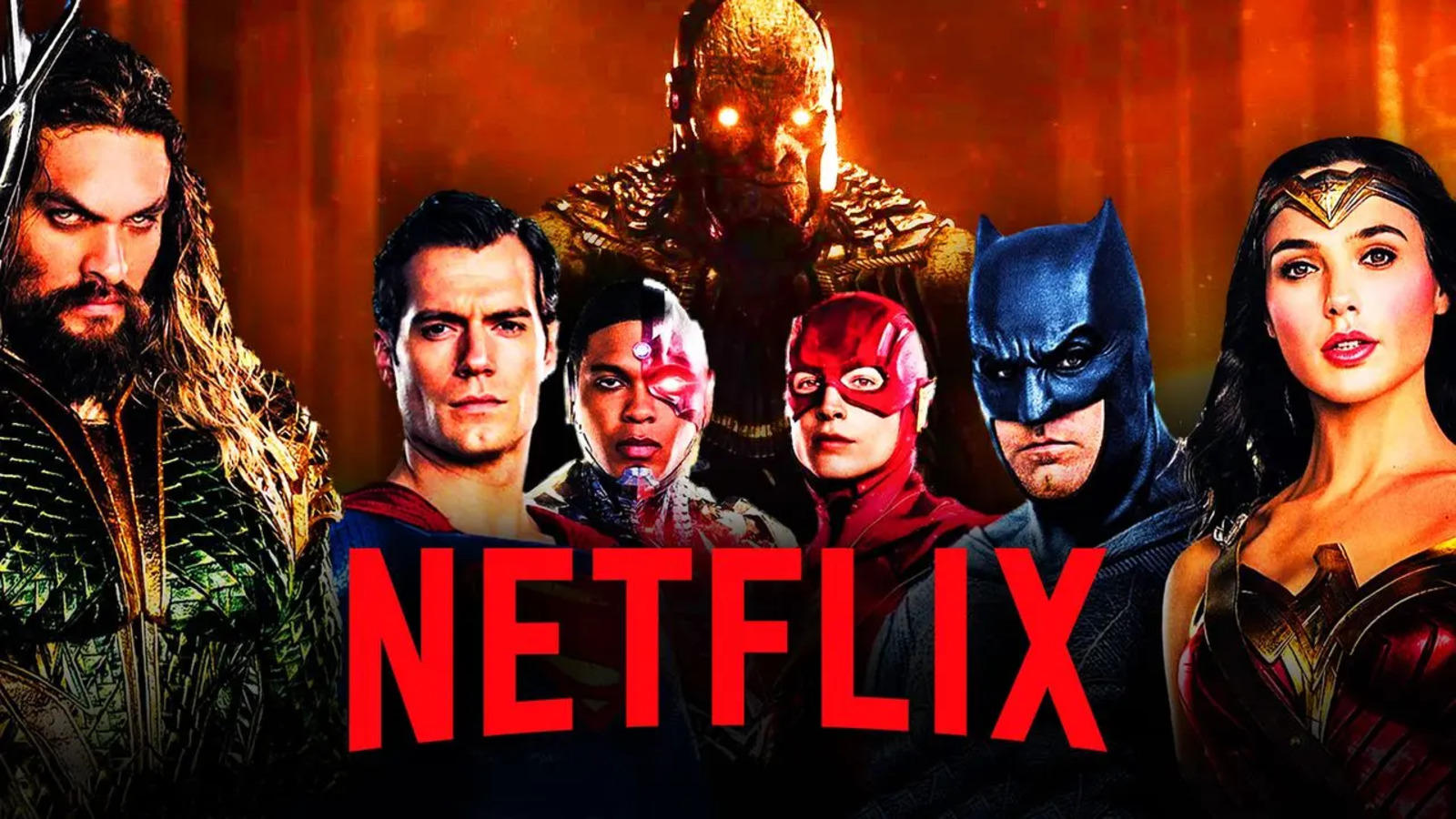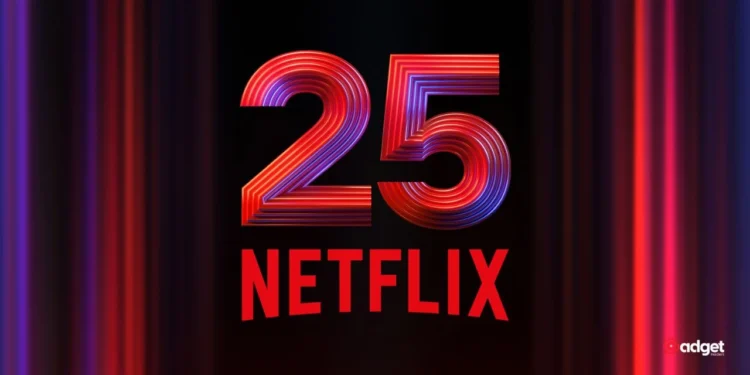In a striking turn of events, Netflix is facing a formidable legal challenge with a staggering $170 million at stake. Fiona Harvey, a Scottish lawyer, has launched a lawsuit against the streaming giant, accusing it of defamation and other serious charges in connection with its latest series, Baby Reindeer. This legal drama unfolds as Harvey, who claims to be the real-life inspiration behind the series’ character Martha—a twice-convicted stalker—insists that her portrayal is not only inaccurate but also maliciously crafted.

The Accusations Fly
Harvey’s grievances center around the depiction of Martha, played by Jessica Gunning, who is portrayed as a sexual predator and stalker in the series. According to Harvey, these accusations are baseless and have led to public backlash and personal distress, exacerbated by the series’ claim to be a “true story.” Her lawsuit, filed in California, alleges defamation, intentional infliction of emotional distress, negligence, and violations of her right to publicity.
In a recent statement, a representative for Netflix asserted the company’s intention to “defend this matter vigorously and to stand by Richard Gadd’s right to tell his story.” Gadd, the creator of Baby Reindeer and the alleged victim of the stalking in real life, has not been named as a defendant. However, his narratives and public statements have become focal points in the controversy.
Public Reaction and Previous Incidents
The public and media reaction has been intensely polarized. Some viewers have taken to social media and other platforms to piece together the real-life identities behind the show’s characters, leading to further intrusion into Harvey’s life. The situation mirrors Netflix’s previous entanglements, such as the defamation lawsuit by Linda Fairstein over her portrayal in When They See Us, which Netflix settled earlier.

What’s at Stake for Netflix?
This lawsuit is more than just a legal battle; it’s a test of the boundaries of artistic freedom and the responsibilities of content creators. Netflix and Gadd’s approach to basing dramatic narratives on real-life events without harming those involved is under scrutiny. As the case progresses, it will likely ignite discussions about the ethics of storytelling in the age of streaming, where the lines between reality and fiction are often blurred for dramatic effect.

A Story to Watch
As Fiona Harvey seeks justice in the courts, the entertainment industry and its observers will be watching closely. The outcome of this case could set significant precedents for how true-life stories are handled in the film and television industry. Whether Netflix will adjust its practices remains to be seen, but one thing is clear: the stakes are high, and the implications are far-reaching.
With every development in this case, the narrative around privacy, artistic expression, and the power of media giants continues to evolve, ensuring that this story will remain in the spotlight for some time to come.










